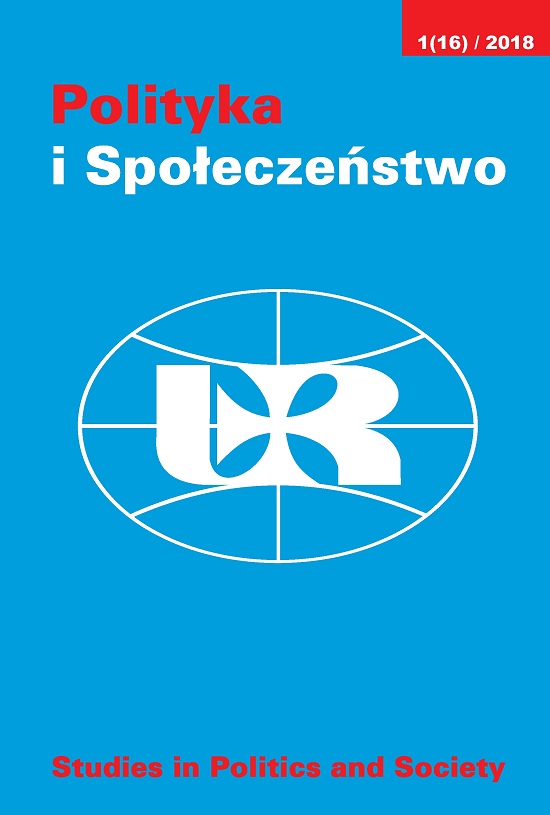Inicjatywa pasa i szlaku jako instrument wzmocnienia bezpieczeństwa energetycznego ChRL
DOI:
https://doi.org/10.15584/polispol.2018.1.1Słowa kluczowe:
China, Belt and Road Initiative, energy policy, crude oil, LNG, natural gas, Malacca DilemmaAbstrakt
The rapid growth of the Chinese economy that started in December 1978 resulted in the equally fast growth of energy consumption. As a result of this process China became the biggest producer and consumer of energy in the world. However, since 1991 the level of energy production fell behind the level of energy consumption; consequently, China became a net importer of energy. The disproportion between production and consumption grew significantly bigger over time, becoming a threat to further economic development. China became more and more dependent on external factors, such as the so-called Malacca Dilemma. Now, more than ever before, China needs to work on finding a way to ensure its energy security. It needs to focus its action on diversifying both its energy structure and sources of energy imports. This paper aims to examine how the Belt and Road Initiative, announced in 2013, can strengthen Chinese energy security. For this purpose, the author will present three selected cases related to Belt and Road Initiative: the issue of resolving the Mallaca Dilemma, the promotion of green technology, and the promotion of development of Chinese Western Regions, which in turn might result in further increases in the level of energy consumption.
Pobrania
Opublikowane
Jak cytować
Numer
Dział
Licencja

Utwór dostępny jest na licencji Creative Commons Uznanie autorstwa – Na tych samych warunkach 4.0 Miedzynarodowe.


